The Idol
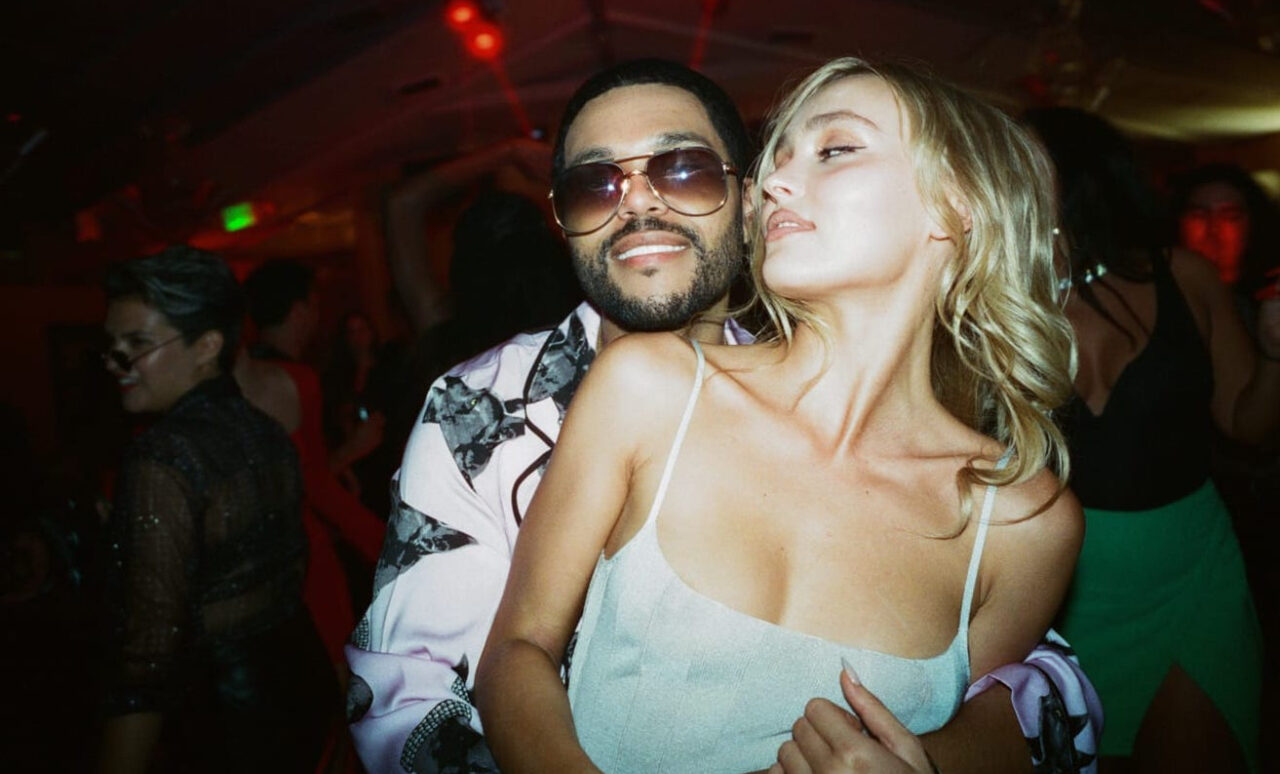
Sam Levinson can be a frustratingly petulant filmmaker. Aside from the behemoth, cultural beacon that is Euphoria, his most recent directorial outing, Malcolm and Marie, felt like a beautifully framed essay by a spoilt, yet talented teenager – a wordy manifesto chronicling why the press are dumb and should be a little bit nicer to him. While an entirely different prospect altogether (no Covid-19 protocols at the forefront of anyone’s priorities here), The Idol, Levinson’s new series led by Lily-Rose Depp and Abel Tesfaye (better known by his moniker, The Weeknd) has a similar air of confrontation about it. Tesfaye, one of the creative driving forces behind the project alongside Levinson, even referred to his desire to “piss some people off” with the series during Cannes, where a flavour of the show premiered.
Depp is Jocelyn, a sexually outré pop star in the Madonna mould. She is preparing for her comeback after a year-long hiatus from commercial releases brought about by the passing of her mother, an event that catalysed a significant psychotic break. The show’s pugnacious posturing is signposted from the very beginning, as one of Jocelyn’s label executives, the combatant Nikki (played with gusto by Jane Adams), muses on the sex appeal of mental illness, before the singer’s co-manager, Chaim (an excellent turn from Hank Azaria), locks a risqué photoshoot’s intimacy coordinator in a bathroom. Safety is definitely not as sexy as psychopathy to these people.
After a day of photoshoots, rehearsals of the choreography for her imminent single, and narrative introductions to her entourage, she burns the night away in a VIP LA nightclub. There, she meets the club’s owner, the enigmatic, predatory Tedros, a cult leader whose rat-tail hairdo portents peril. They immediately begin a sexual relationship fraught with sinister power dynamics. Tedros bemoans the lack of sexual edge to her vocal performance on her upcoming comeback single, and promises to help her find her true, inner voice, independent of the commercial interests of her label.
For all of Levinson’s temperamental shortcomings as a filmmaker (of which there are many), his visual style has always been his forte, with an undeniable eye for a deliciously, seductively framed shot. Every frame is dripping with ornate, strangely attractive danger, and the audience’s reaction to it is similar to Jocelyn’s reaction to Tedros himself. There are also interesting ideas rumbling in the show’s provocatively debauched opening episodes: about society’s pornographisation of fame, particularly of famous women, and the hyper-sexualised undercurrent that nestles under the bedrock of American society.
However, instead of offering comment on these societal failures, The Idol ends up becoming complicit in them. The entire thing feels like a music video – the type that Jocelyn herself tears her feet to shreds and bares her skin for in the second episode – a gaudy fetishisation that strays from observation to participation. It’s an exceptionally chaotic, male-gazey affair, telling a story that was initially intended to denounce such sensibilities.
The metamorphosis of The Idol from one set of priorities to the other has been the subject of intense controversy, partly revolving around a now infamous Rolling Stone article detailing its sordid, messy production, espousing accusations that Levinson and the cast refute.
It is curious that Tesfaye would push so hard for the focus to shift from a feminist perspective of Jocelyn’s world to a study of his own character’s hyper-chauvinistic, unpleasantness. During the Cannes press conference, he spoke about a desire to transform Tedros from a character whose purpose was to enlighten our understanding of Jocelyn to one who takes centre stage. Yet the conference, and most people’s understanding of where the show’s strengths lie, was dominated by Depp’s character, her experience and the implications of her character on our comprehension of pop culture.
So far, The Idol knowingly prods the edge of acceptability. As it now enjoys a full release on Sky Atlantic, viewers will come to their own conclusions about the politics of Levinson and Tesfaye’s creation. One thing is almost certain, however: it won’t be a muted affair.
Matthew McMillan
The Idol is released on Sky Atlantic and streaming service NOW on 5th June 2023.
Watch the trailer for The Idol here:

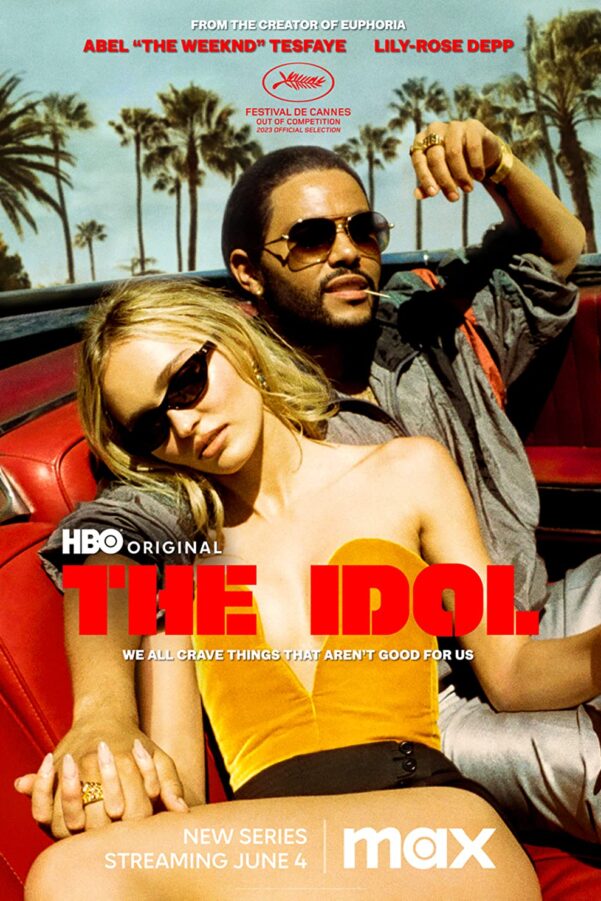

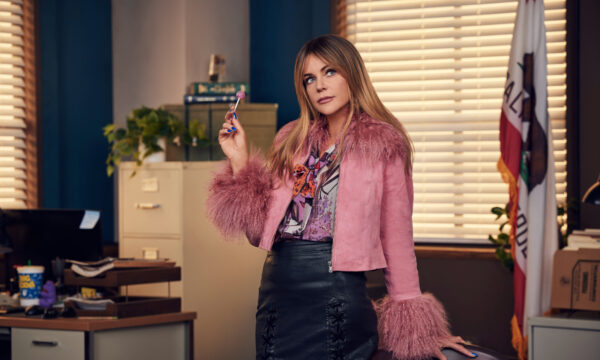
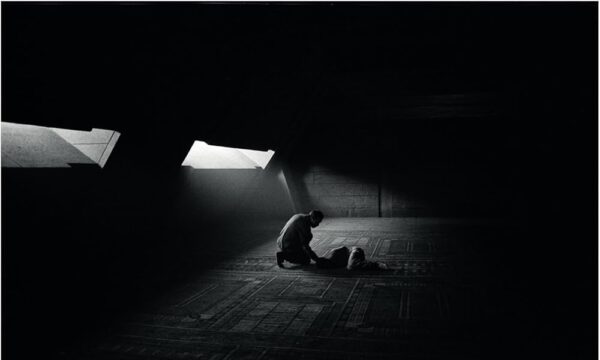
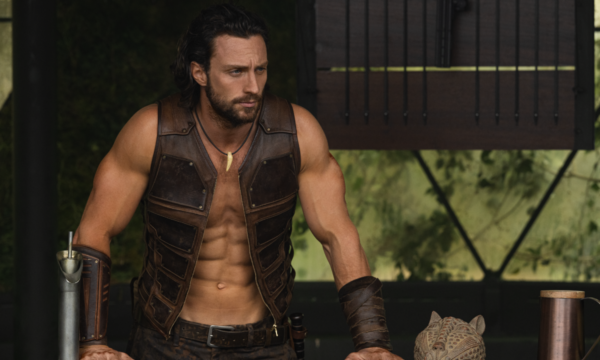


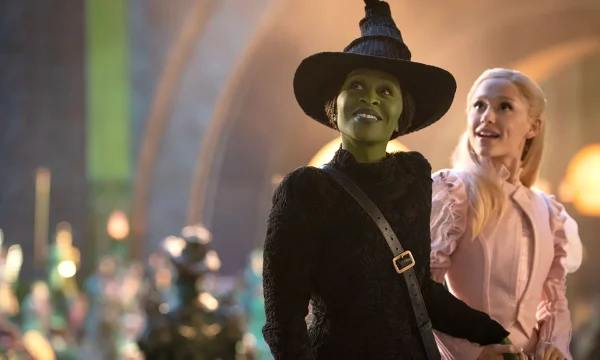
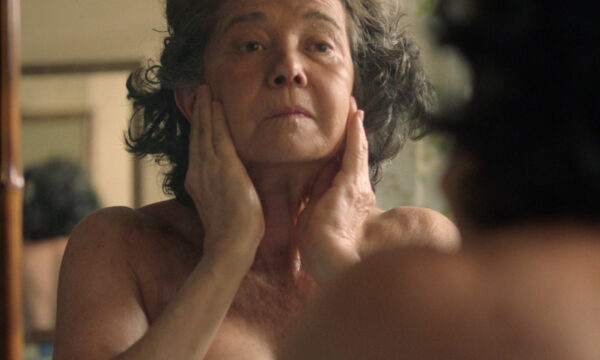
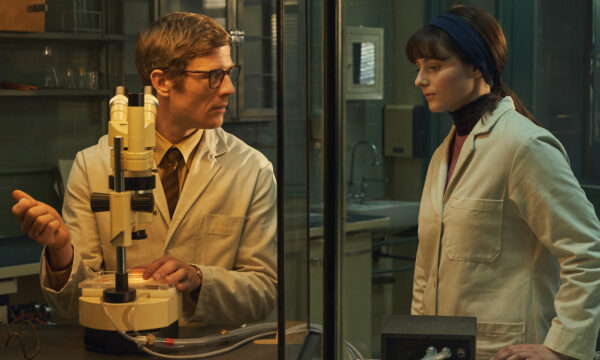









Facebook
Twitter
Instagram
YouTube
RSS